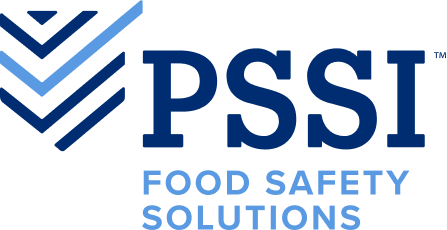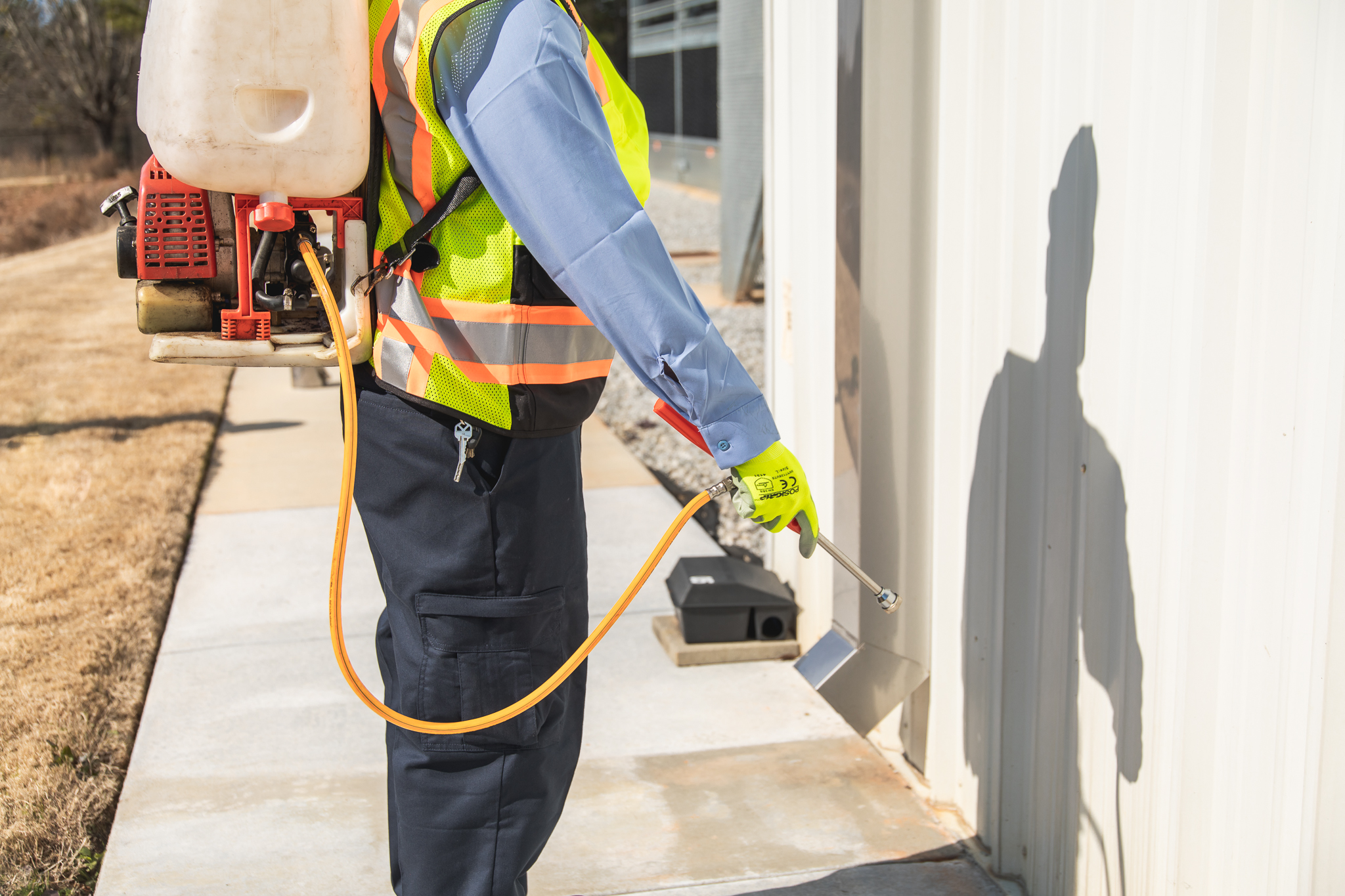Each year more than 48 million Americans are infected with a foodborne illness. These illnesses are caused by consuming food contaminated with pathogenic bacteria, toxins, viruses, or parasites. It may be surprising, but pests such as rodents, cockroaches, and flies play a large role in how bacteria are spread throughout homes, restaurants, and food facilities if there isn’t a pest management program in place.
Not only do pests transmit foodborne pathogens but they also trigger asthma attacks and cause eczema or skin irritations. Moreover, pests cause property damage and destroy food supplies. It is very important to manage pests to limit their spread of diseases and reduce their burden on food facilities.
If pests do get into a facility, what and how do they transmit bacteria?
- Rodents transmit more than 35 disease-causing agents, including Salmonella. They are a highly diverse species, with thousands of types of rats and mice. Rodents will urinate and leave droppings on food, food packaging, equipment, and in and around buildings. A single rat can leave up to 25,000 droppings a year, and those droppings are what carry the pathogens that cause contamination.
- Cockroaches spread more than 30 kinds of bacteria, like Salmonella, E. coli, and Staphylococcus aureus. Once eaten by the cockroach, bacteria live within their digestive system for up to a month. During this time bacteria are continually excreted through droppings or carried externally on the cockroach to contaminate anything it touches.
- Flies are the worst! They transmit over 100 pathogens such as E. coli, Salmonella, and Shigella. They spread diseases very easily because of how free flowing they are. Flies pick up bacteria from garbage, spoiled foods, animal remains, and feces, which sticks to their bodies, legs, and hairs. As flies land within the facility on equipment and food products, bacteria are transferred from the fly to that surface.
Food and beverage facilities are required to follow numerous health codes and government regulations that involve controlling pests. The management of pests is extremely important for food safety, though it may be challenging. Managers of food processing and storage companies must be aware of the hazards posed by each pest and have programs in place to protect our food resources.
Click here to learn more about PSSI Pest Solutions and how we work to protect your facility from pests.

